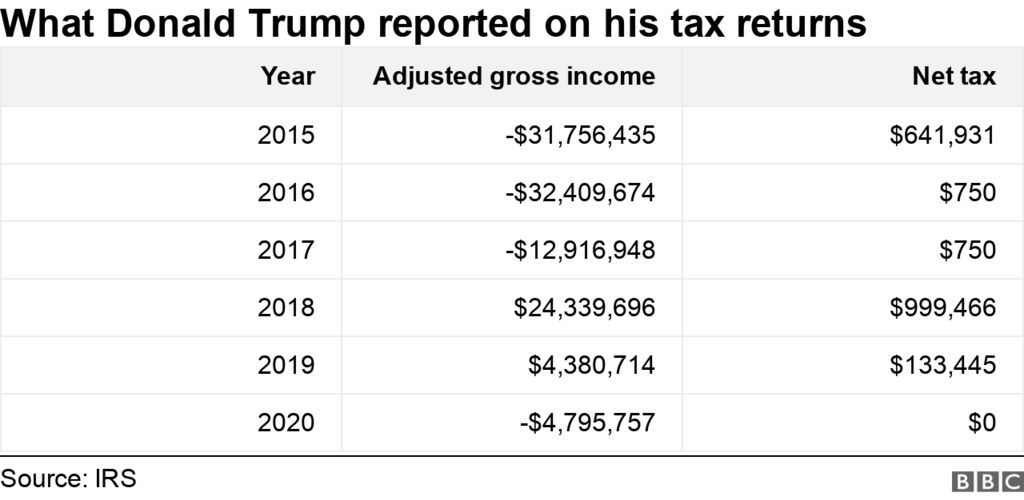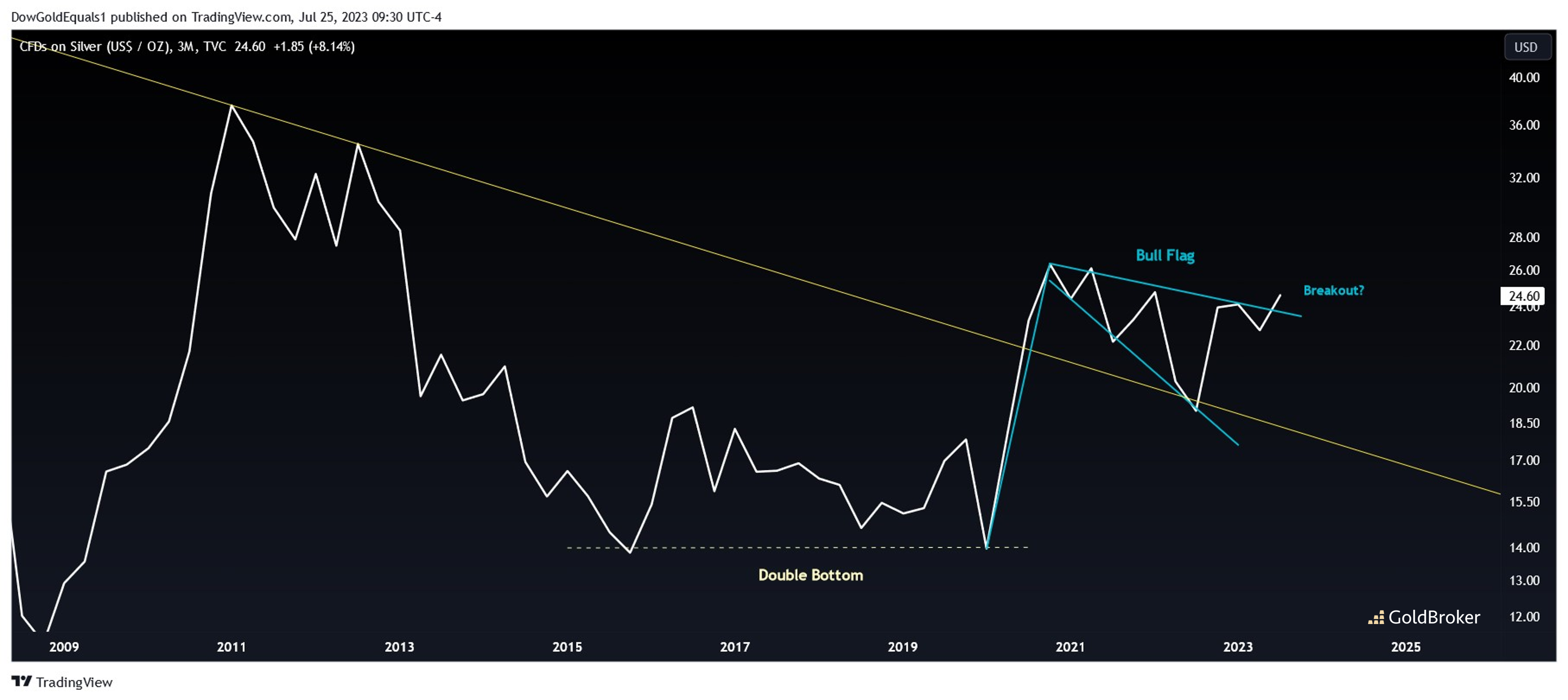The US House of Representatives just passed a bill – and frankly, I’m still shaking my head – to rename the Gulf of Mexico the ‘American Gulf.’ Yes, you read that right. 211-206, nearly a straight party-line vote, with one rebel Republican joining the Dems in opposing this…well, frankly, this absurdity.
Let’s be clear: this isn’t legislation addressing inflation, jobs, or any real economic concern. This is political theater at its finest – or maybe its most embarrassing. The bill mandates federal entities update maps and documents. Next stop: the Senate, where its fate hangs in the balance. If it passes there and gets a presidential signature, prepare for some cartographical chaos.
Democrat critics are rightly calling this a colossal waste of time, questioning why the House is focused on symbolic gestures when serious issues demand attention. It’s a valid point. But it’s not just about wasted time.
Knowledge Point Expansion:
This seemingly frivolous name change reflects a broader trend of nationalist rhetoric gaining traction in US politics. It’s a symbolic assertion of American identity.
Historically, geographical names often undergo changes reflecting power dynamics or societal shifts. This isn’t unprecedented though rarely so… obvious.
Such legislative actions, even if largely symbolic, can signal underlying tensions and priorities within the government. This highlights the influence of identity politics.
The Gulf of Mexico’s name has its roots in Spanish exploration and colonization, a history some politicians now seem eager to erase or downplay. It’s a pointed statement.
Ultimately, the bill’s success in the Senate will indicate how deeply this strain of nationalism resonates within the Republican party, and with the public. Think this is just noise? I wouldn’t be so sure. This is a canary in the coal mine.







